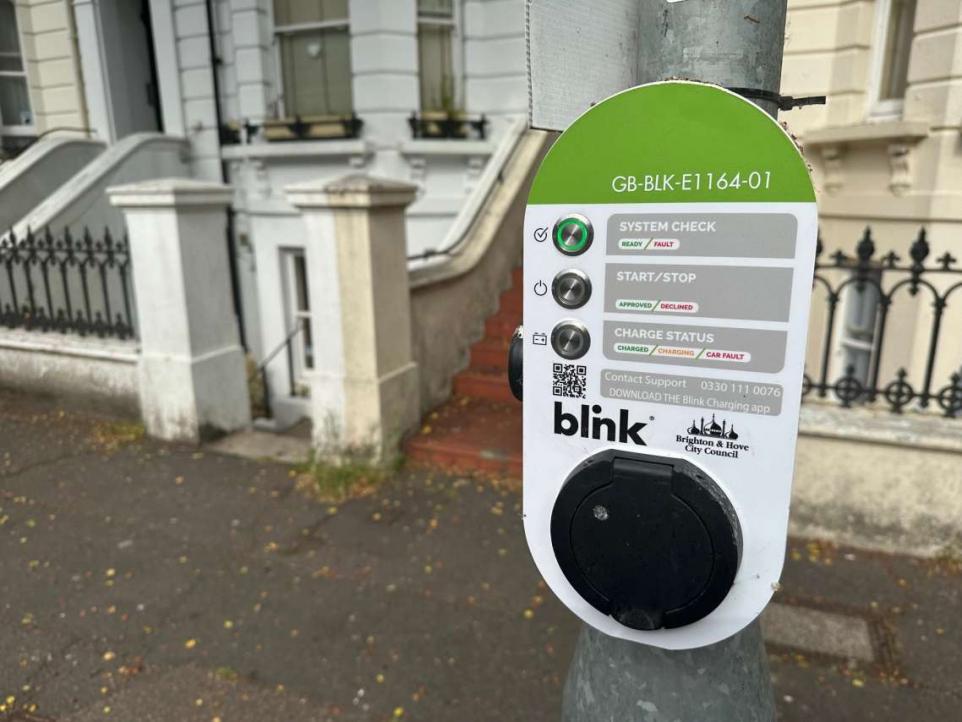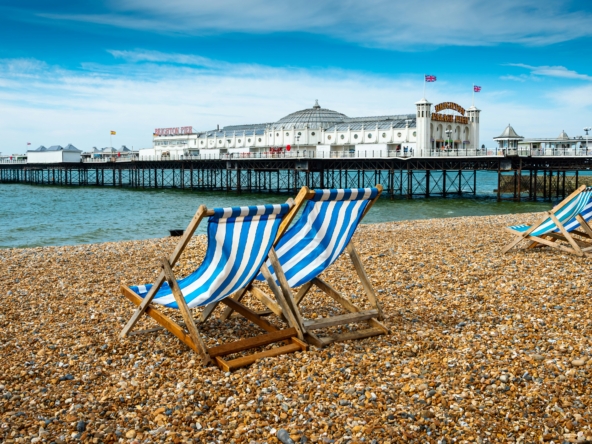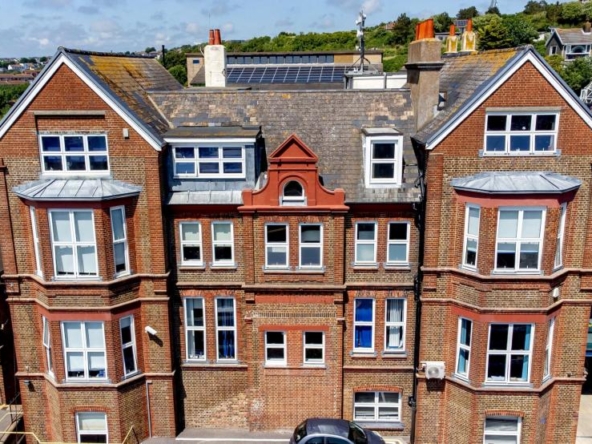Brighton and Hove are gearing up to become an even greener city with the addition of 120 new electric vehicle (EV) charging points. This exciting development, set to roll out from March, is part of the city council’s ambitious plans to install a whopping 1,650 new plug-in points over the next three years.
The new additions, comprising 100 lamppost chargers and 20 fast charging points, will bring the total number of EV plug-in spots in Brighton and Hove close to 500. This forward-thinking move is in response to the rapidly growing number of EVs in the city, as more residents, businesses, and visitors opt for fully electric cars and vans.
Councillor Trevor Muten, chairman of the transport and sustainability committee, proudly stated, “Brighton and Hove really is leading the way when it comes to providing an electric vehicle infrastructure fit for the future.”
Currently, an impressive 77% of Brighton and Hove residents without off-street parking live within a five-minute walk of a public charging point. With approximately 3,000 electric and hybrid vehicles registered in the city, and around 700 active requests for charge points near residences, the demand for EV infrastructure is clear.
The locations for the new lamppost chargers will be determined based on these requests, with funding provided by a recent £2,865,000 grant from the government’s local EV Infrastructure fund.
Councillor Muten added, “This funding means we can provide hundreds of new charge points for the thousands of residents and visitors who’ve made the switch to electric or will do so in the years ahead.”
The city’s commitment to sustainable energy doesn’t stop there. The 1,650 planned chargers will include lamppost, fast, and rapid charge point operators, offering EV drivers smart, flexible, and competitive charging rates.
This significant expansion of EV charging points will undoubtedly contribute to the city’s net zero goals, moving away from polluting fossil fuels, providing affordable, clean energy, and improving air quality. Brighton and Hove are indeed paving the way for a greener future.
Image credit: BHCC




